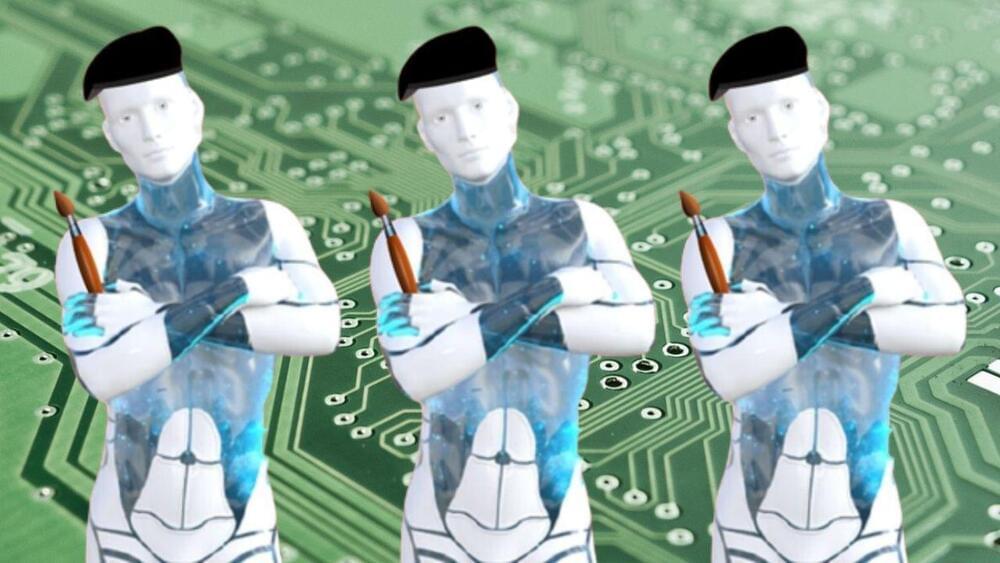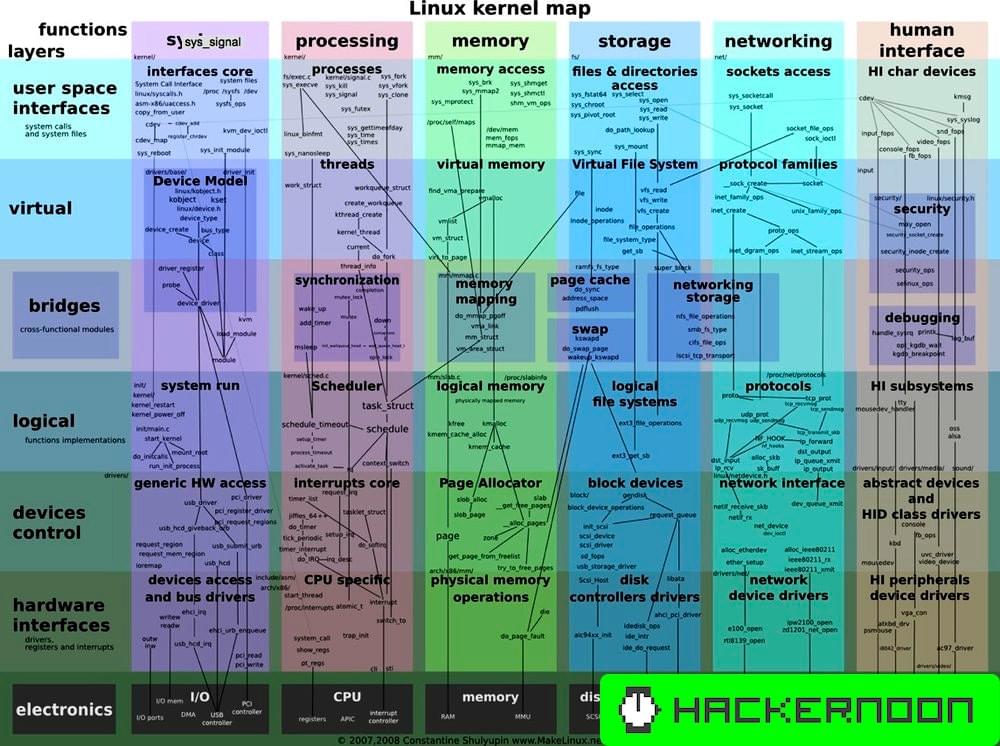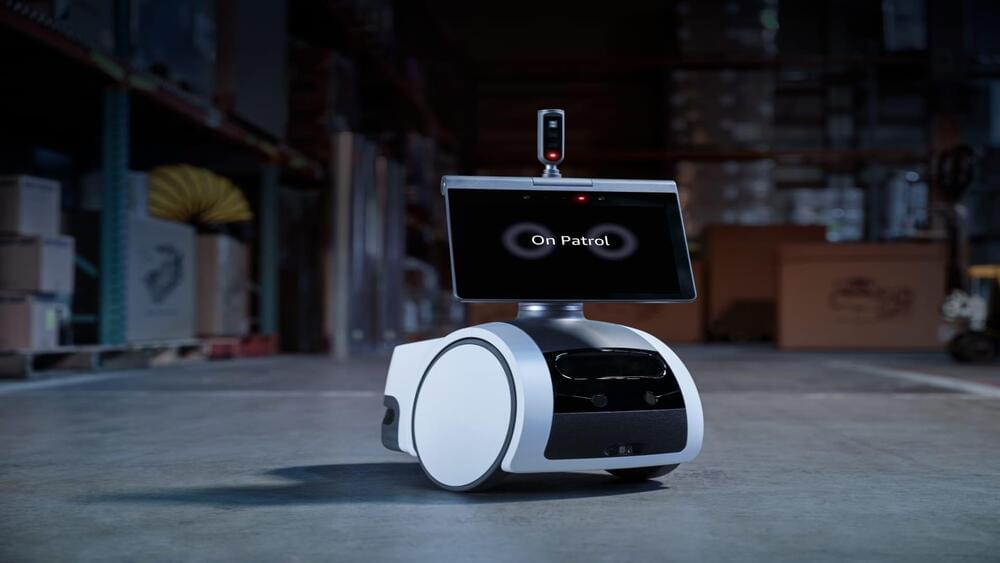In a recent interview, Altman described AGI as a “magic intelligence in the sky,” which sounds an awful lot like a God.



An executive at one of generative AI’s leading companies has quit over the startup’s controversial use of copyrighted content.
Ed Newton-Rex had been VP of audio at Stability AI, which produces the popular image-generator Stability Diffusion, but resigned due to the firm’s treatment of creators.
“I’ve resigned from my role leading the Audio team at Stability AI, because I don’t agree with the company’s opinion that training generative AI models on copyrighted works is ‘fair use’,” Newton-Rex announced Wednesday on X.

USA: Timely diagnosis and treatment are critical to restore blood flow and reduce injury to the heart muscle and increase a person’s chance of recovery after a heart attack.
A recent study has revealed that technology incorporating artificial intelligence (AI) and electrocardiogram (EKG) testing for patients having a heart attack decreased the time to diagnose and send patients for treatment by almost 10 minutes. The findings from the late-breaking science study conducted in a hospital in Taiwan were presented at the American Heart Association’s Scientific Sessions 2023 held from Nov. 11–13, in Philadelphia.
“Modern AI may now be as good as expert cardiologists in diagnosing serious heart attacks,” said lead study author Chin-Sheng Lin, M.D., Ph.D., a professor, director of the Medical Technology Education Center and vice dean at the School of Medicine, at the National Defense Medical Center, in Taipei, Taiwan. “Hospitals can use AI tools more to help front-line doctors, especially those with less experience. This could lead to faster treatment and less mistakes when it comes to treating patients who are experiencing heart attacks.”



The onslaught of press, research and perceived urgency has done little to prepare business and information technology leaders to deploy artificial intelligence-powered technologies.
That’s according to the first Cisco AI Readiness Index, issued Tuesday. The company used a double-blind survey of over 8,000 business and IT leaders worldwide.
The findings are alarming. Although 97% of the organizations say that the urgency around deploying AI tech has risen in the last six months, only 14% feel they’re prepared to deploy and utilize it.


Are you ready to bring more awareness to your brand? Consider becoming a sponsor for The AI Impact Tour. Learn more about the opportunities here.
A new hallucination index developed by the research arm of San Francisco-based Galileo, which helps enterprises build, fine-tune and monitor production-grade large language model (LLM) apps, shows that OpenAI’s GPT-4 model works best and hallucinates the least when challenged with multiple tasks.
Published today, the index looked at nearly a dozen open and closed-source LLMs, including Meta’s Llama series, and assessed each of their performance at different tasks to see which LLM experiences the least hallucinations when performing different tasks.


The company on Wednesday announced Astro for Business, a version of its household robot that it’s framing as a crime prevention tool for retailers, manufacturers and a range of other industries, in spaces that are up to 5,000 square feet. Astro for Business is launching only in the U.S. to start, and it comes at a steep price point of $2,349.99.
Amazon unveiled Astro, its first home robot, in September 2021. The squat, three-wheeled device can roll around the house to answer Alexa voice commands, and it has a 42-inch periscope camera that allows it to see over countertops or other obstacles to check if a stove has been left on, among other tasks.
Two years on from its debut, the original Astro, which costs $1,599, is available in limited quantities and on an invite-only basis.